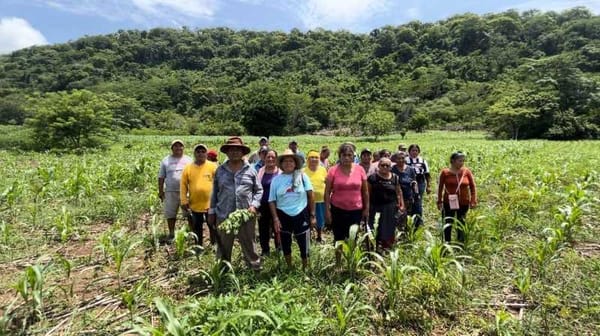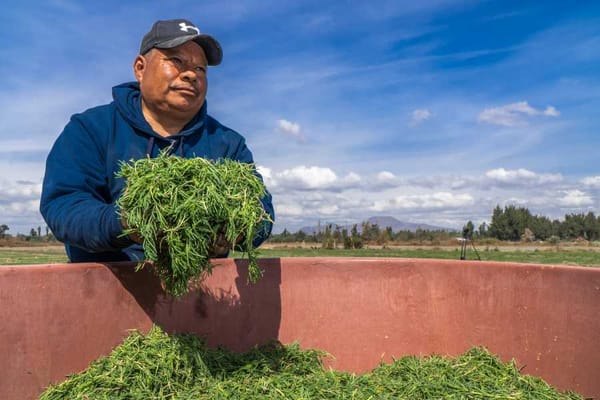A brief explainer of Mexican politics and current issues
Many Mexicans have been troubled by these problems, and they have influenced the country's political climate.

Mexico is a federal presidential representative democratic republic, with a presidential system of government. The president of Mexico is the head of state and government and is elected by popular vote for a single six-year term. The president is responsible for appointing cabinet members and other officials and has the power to veto legislation.
Mexico has a bicameral National Congress, which consists of the Chamber of Deputies and the Senate. The Chamber of Deputies is made up of 500 members who are elected by popular vote to serve for three-year terms. The Senate is made up of 128 members who are elected by popular vote to serve for six-year terms.
Mexico has a multi-party political system, and the three main political parties are the Institutional Revolutionary Party (PRI), the National Action Party (PAN), and the Party of the Democratic Revolution (PRD). Other smaller parties also have representation in the National Congress.
Mexico has a long and complex political history, and its political system has undergone significant changes over the years. The country has experienced periods of authoritarian rule and political instability, as well as more democratic and reform-oriented governments.
In recent years, Mexico has faced several challenges, including corruption, drug-related violence, and economic inequality. These issues have been a source of concern for many Mexican citizens and have shaped the country's political landscape.
Current issues in Mexico
Mexico is a large and complex country with several challenges and issues facing its people and government. Some current issues in Mexico include:
- Drug-related violence: Mexico has been impacted by a high level of violence and crime related to the illegal drug trade, particularly in certain parts of the country. This has hurt public safety and has caused widespread concern among the population.
- Corruption: Corruption is a longstanding problem in Mexico, and it has contributed to a lack of trust in the government and public institutions. Efforts to address corruption have been ongoing, but it remains a significant issue.
- Poverty and inequality: Mexico has a high level of poverty and income inequality, with a significant portion of the population living in poverty, particularly in rural and indigenous communities.
- Climate change: Mexico is vulnerable to the impacts of climate change, including drought, flooding, and sea level rise, and it is working to address these challenges through a variety of measures, including the development of renewable energy sources and the implementation of climate-resilient infrastructure.
- Migration: Mexico has a large and diverse population, and migration, both internal and international, is a significant issue in the country. Mexico has a large number of citizens living and working abroad, particularly in the United States, and it is also a major transit country for Central American migrants seeking to reach the United States.
These are just a few of the current issues facing Mexico, and there are many other challenges and opportunities that the country is grappling with.
Is Mexico a developed country?
Mexico is a developing country, which means that it is in the process of industrializing and modernizing its economy and society. It is not classified as a developed country, which is a term typically used to describe countries that have achieved a high level of economic and social development and have a high gross domestic product (GDP) per capita.
Mexico is the world's 14th largest economy, according to the International Monetary Fund, and it has a diverse and robust industrial base. However, it also faces several challenges, including poverty, inequality, and corruption, which have limited its ability to fully develop and reach the level of prosperity and well-being that is characteristic of developed countries.
Mexico is working to address these challenges and to promote economic and social development, and it has made significant progress in recent years. However, it still has a long way to go to fully realize its potential as a developed country.




